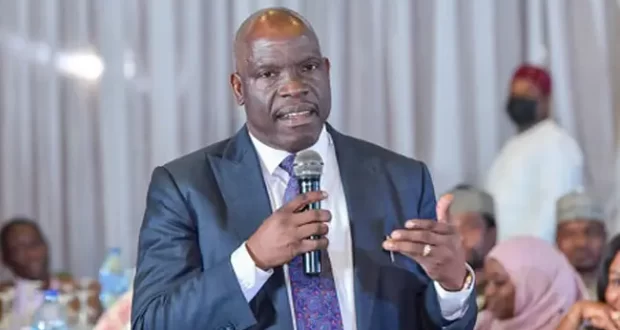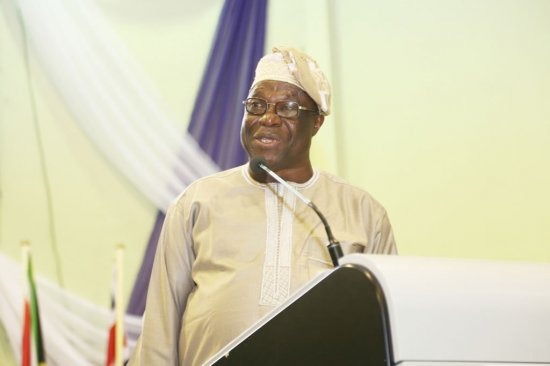The Nigerian Upstream Petroleum Regulatory Commission (NUPRC) is set to launch another oil licensing round in 2025, the Commission’s Chief Executive, Gbenga Komolafe, revealed on Wednesday during the 2024 Licensing Round Commercial Bid Conference in Lagos.
This announcement comes as the NUPRC nears the conclusion of the 2024 licensing round, which is part of the regulator’s ongoing efforts to boost oil production in the country. The 2025 licensing round, according to Komolafe, will focus on unexplored assets, with an emphasis on revitalizing idle fields and enhancing natural gas development.
Komolafe underscored the importance of these licensing rounds, which will now be held annually. “While we are proud of our recent achievements as industry stakeholders, we must remain mindful of the challenges ahead. Declining production levels and increased global competition demand strategic action. Fortunately, the Petroleum Industry Act (PIA) has given us a unique opportunity to transform the industry, attract investment, and position Nigeria as a leader,” he stated.
The 2025 licensing round, Komolafe explained, would prioritize undiscovered and undeveloped fields, as well as fallow assets, to support Nigeria’s commitment to the UN Sustainable Development Goals. “To this end, I am pleased to announce that the NUPRC will launch another licensing round in 2025. Building on the lessons learned from this year’s round, the 2025 exercise will focus on discovered and undeveloped fields, fallow assets, and prioritise natural gas development,” he added.
Explaining the rationale behind the decision to make licensing rounds an annual event, Komolafe emphasized that the NUPRC’s commitment to restoring investor confidence was pivotal. He affirmed that the Commission’s efforts were in line with the statutory provisions of the Petroleum Industry Act, which mandates licensing rounds. “What we are doing here today is not a matter of discretion by the commission but is in line with the statutory provisions of the Petroleum Industry Act. The law stipulates that the commission should conduct licensing rounds,” he said.
The Petroleum Industry Act, though not mandating annual licensing rounds, has spurred the NUPRC to adopt the practice in a bid to optimize Nigeria’s hydrocarbon resources. “The law did not make it annual, but to ensure that we grow, preserve, and optimise our hydrocarbon resources, we are committed to annual licensing rounds,” Komolafe emphasized.
Additionally, Komolafe revealed that the NUPRC had begun recovering idle assets under the ‘drill or drop’ provision of the Petroleum Industry Act. He explained that this provision encourages operators to either develop their assets or relinquish them for re-bidding. “There is a provision in the Petroleum Industry Act that speaks to ‘drill or drop.’ We have been engaging with the industry to ensure that unexplored areas and resources are returned to production,” he said.
Many of these idle assets have remained underutilized, a situation Komolafe described as contrary to the intent of the Petroleum Industry Act. “We intend to revitalise these idle assets, as many of them remain unused, which is not the intent of the Petroleum Industry Act. So, as a commission and as a regulator, we have started activating the ‘drill or drop’ provisions,” he stated.
Bidders in the 2024 licensing round will soon learn the results of their submissions, with hopes that these efforts will reinvigorate Nigeria’s oil sector and help the country reclaim its place as a key player in the global energy market.
Komolafe’s remarks reflect the Commission’s commitment to enhancing production, optimizing assets, and attracting new investments, while reinforcing the strategic role of natural gas in Nigeria’s future energy plans.








Hola! I’ve been following your website for a long time now and finally got the courage to go ahead and give you a shout out from New Caney Tx! Just wanted to tell you keep up the fantastic work!